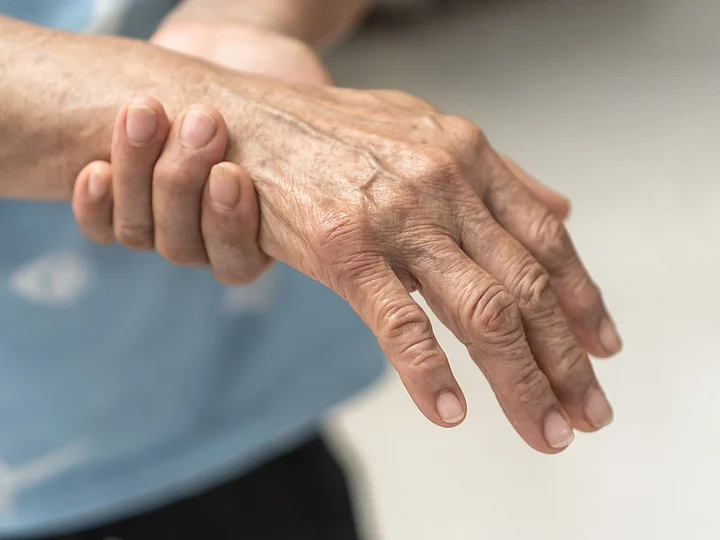Guillain-Barre syndrome (GBS) is an autoimmune disorder. Autoimmune diseases are the ones in which the immune system of the body starts attacking itself. Normally, the immune system fights foreign invaders like viruses or bacteria to protect the body against diseases but in an autoimmune disease the body is self-harmful.
In GBS, the immune system specifically attacks the nerves thus making the body lose its ability to control the muscles and sense the environment further characterized by symptoms like muscle weakness and numbness or tingling. Now, let's understand the disease properly by knowing its symptoms, causes, diagnosis, and treatment.
Guillain-Barre Syndrome: Causes
GBS is usually caused by a viral or bacterial infection but the viral or bacterial components (proteins) usually look very different from your body’s proteins. When the viral protein looks similar to the body's protein, the immune system becomes confused and attacks the body thus causing GBS.
GBS isn't contagious and it's not passed down through families, meaning it is not genetic.
Guillain-Barre Syndrome: Symptoms
According to Mayo Clinic, symptoms of GBS may include the following:
Numbness or tingling in the hands or feet.
Back pain.
Muscle weakness
Difficulty in breathing
Difficulty in swallowing.
Heart rate or blood pressure problems.
Guillain-Barre Syndrome: Diagnosis
A spinal tap is a procedure that allows the sampling of the cerebrospinal fluid ( the fluid surrounding your spinal cord and brain). A small needle is inserted into the back and a small amount of cerebrospinal fluid is collected and sent for analysis. This test helps look for signs of other diseases and GBS.
Electromyography (EMG) includes two parts: 1. Nerve conduction studies and 2. Needle electromyography. This test checks the function of your nerves and muscles thus supporting the diagnosis of GBS.
Guillain-Barre Syndrome: Treatment & Prevention
Intravenous immunoglobulin therapy (IVIG in which antibodies (the proteins that your body uses to fight foreign invaders) are infused inside the body which helps calm the immune system and prevents them from attacking the nerves.
Plasma exchange (plasmapheresis) helps filter the liquid part of your blood (known as plasma) after which the body’s antibodies attacking the nerves are removed and the “cleaned” plasma is infused back into the body.
According to Cleveland Clinic, there is no prevention for GBS.
(At The Quint, we question everything. Play an active role in shaping our journalism by becoming a member today.)
